There was a long moment of confusion after yesterday’s final game of the Gamescom PUBG Invitational Duo series. When two of Cloud9’s players were rewarded with the silver pan at the winner’s ceremony, the second place, fans and players alike were baffled. The official leaderboard, displayed after the full series, had ranked Turkish duo “Mithrain” and “wtcNN” second. What happened? Quite surprisingly, an open qualifier team won the Duo third person tournament and took home the golden pan—so far so clear. But why were the Turks rewarded with bronze, instead of silver? The Turks tied with Cloud9’s players when it came to the total score, win points, and kill score. But with 27 seconds more on average survival time, the final stat displayed on the board, they were ahead on the ranking after the three-game series.
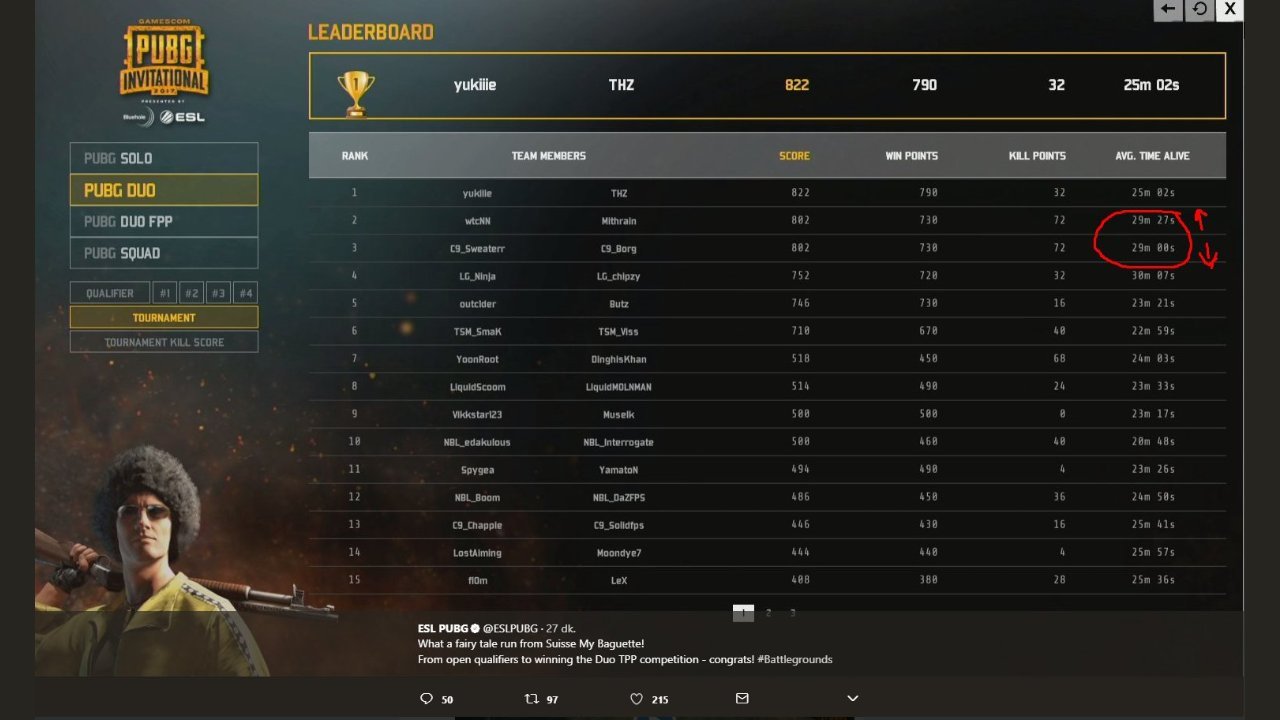
The fans went crazy, for obvious reasons. Without an explanation given at the time of the winner’s ceremony, many felt the Turkish duo was ripped off their placement unfairly or by accident. Today, ESL clarified their decision—but it made things only worse.
The ranking system presented by ESL sparked an outrage. Rule three, which randomly gives more weight to the ranking of the last match played—and responsible for placing Cloud9 ahead of the Turkish duo—was especially criticized heavily by the community. This was not only for its perceived randomness, but for contradicting the game’s most inherent goal: Surviving the longest. After all, PUBG is a last-man-standing competition at its very core. If the game provides a stat like average time alive, and a tournament organizer even uses and displays it for its leaderboard—why would a tournament admin completely brush it aside? On the first day of the tournament, in the PUBG solo series, C9’s “Solidfps” and Liquid’s “Scoom” were in the same situation. Tied in total score, win points, and kill points, the leaderboard displayed Solidfps above Scoom, averaging a couple of seconds alive longer. But Scoom had survived longer in the final game than Solidfps. In the actual tournament ranking, was Scoom awarded fifth place instead of sixth as displayed to viewers? If not, ESL has a serious issue with sticking to its own rules. While in that case, no place on the winner’s podium was at stake, it still affects the share of the prize pool the players receive. The PUBG Gamescom Invitational by ESL and Bluehole deserves its honeymoon period when it comes to criticizing the tournament’s execution. It is the first major LAN event on the title. This must not, however, come at the expense of the game’s integrity as an esport. If competitive PUBG wants to be taken serious, it needs to get the fundamentals right. This tournament is a showcase of the game’s esports potential. Many are watching for that reason alone. Is it viable as an esport? Can it be made esports-ready? The PUBG Gamescom Invitational has only really answered some of these questions.



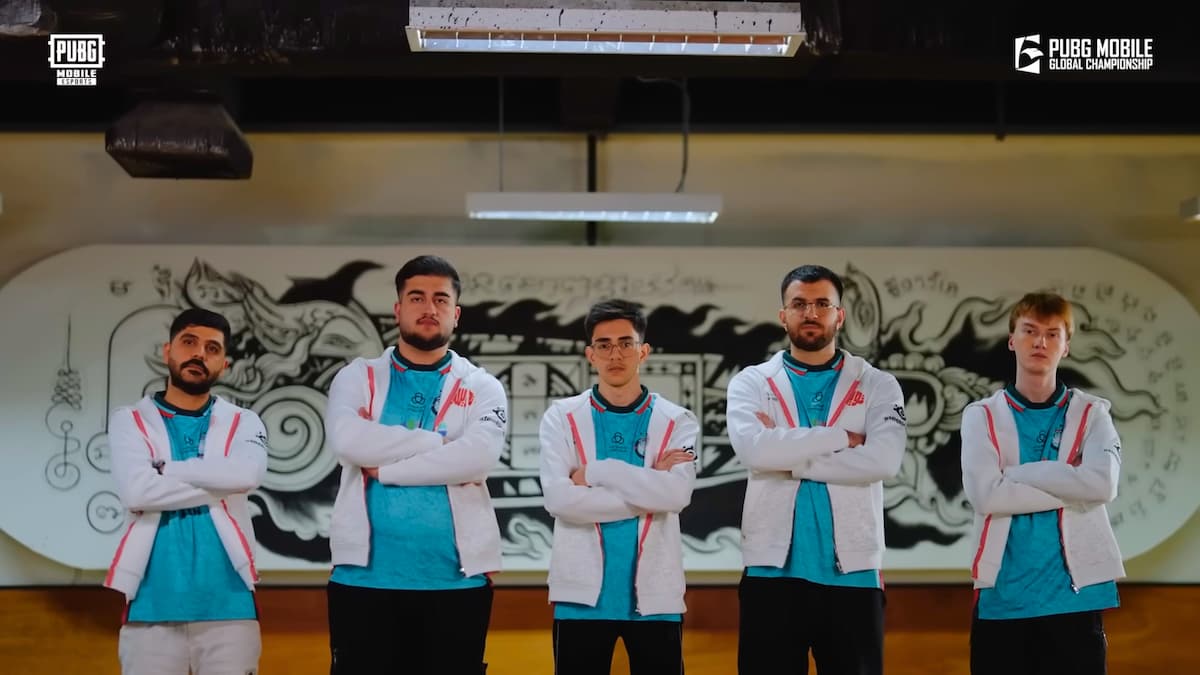
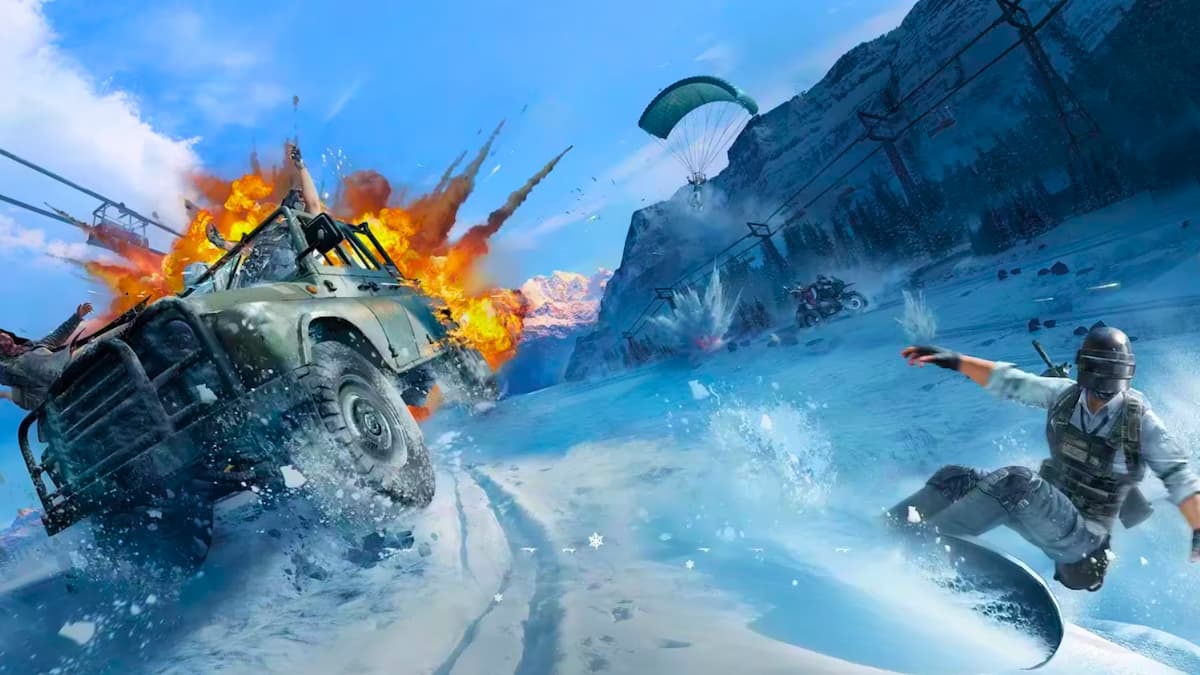

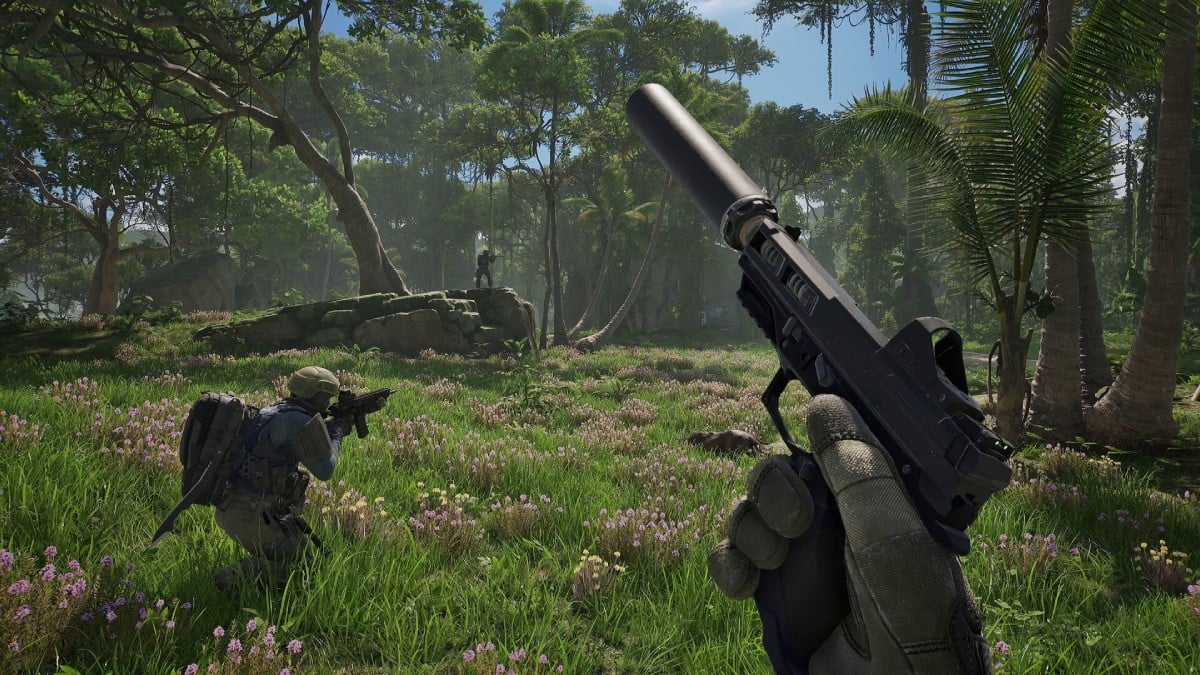

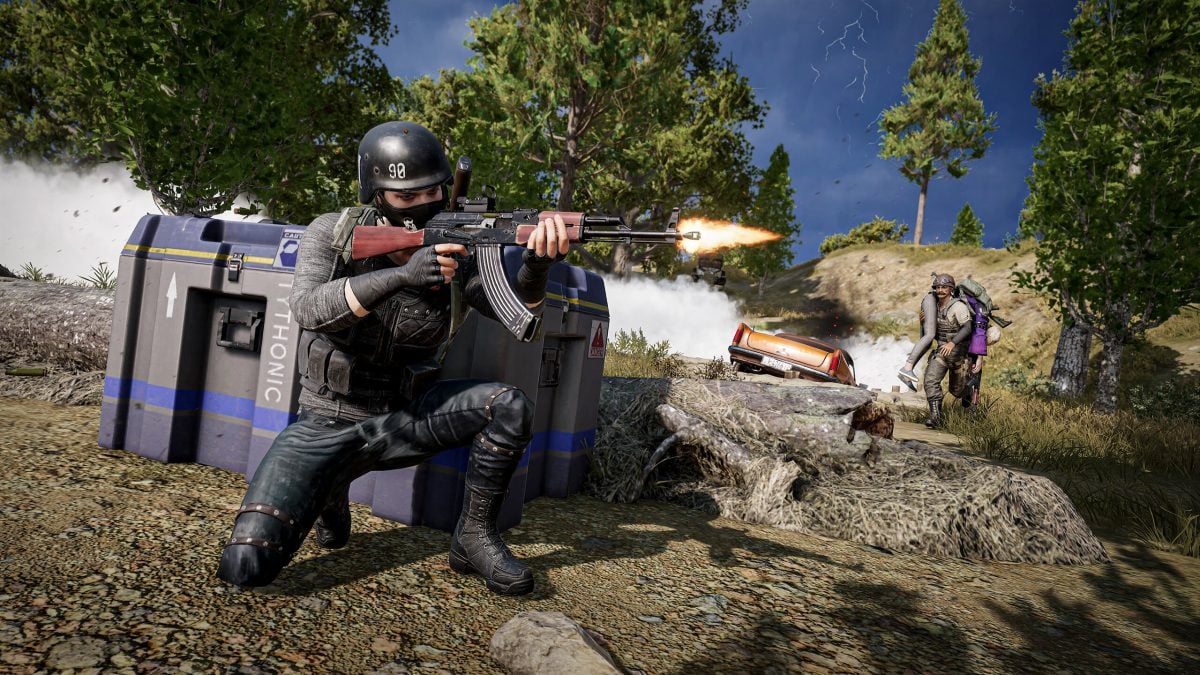

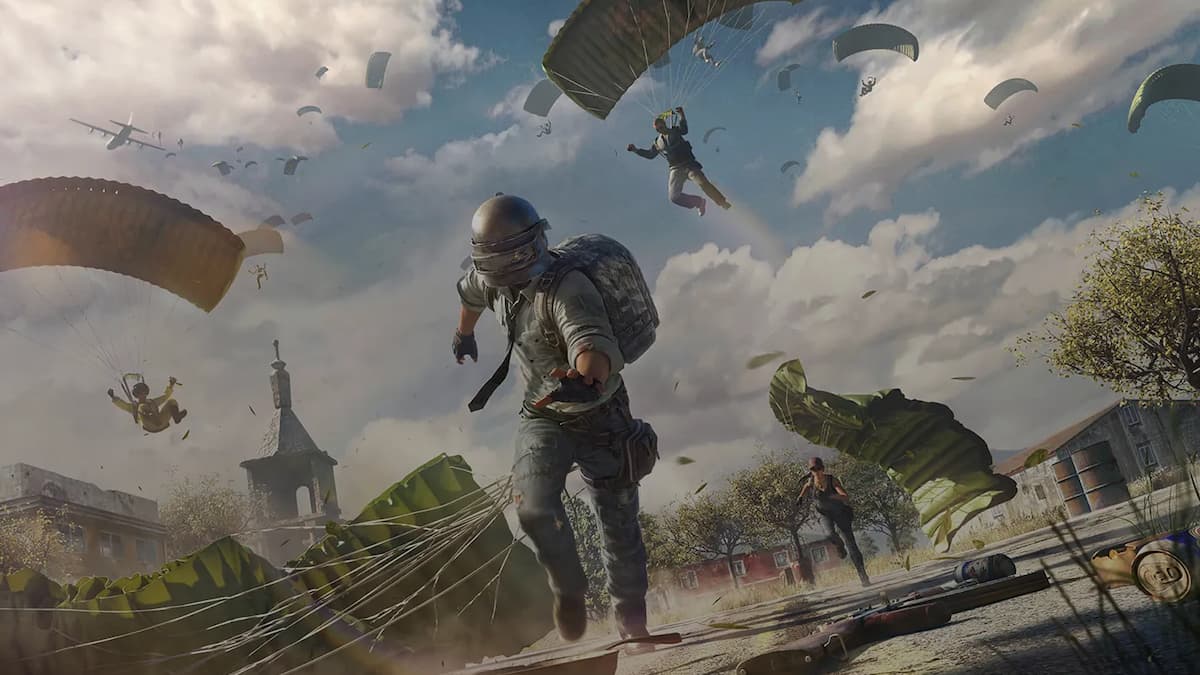
Published: Aug 25, 2017 05:48 am